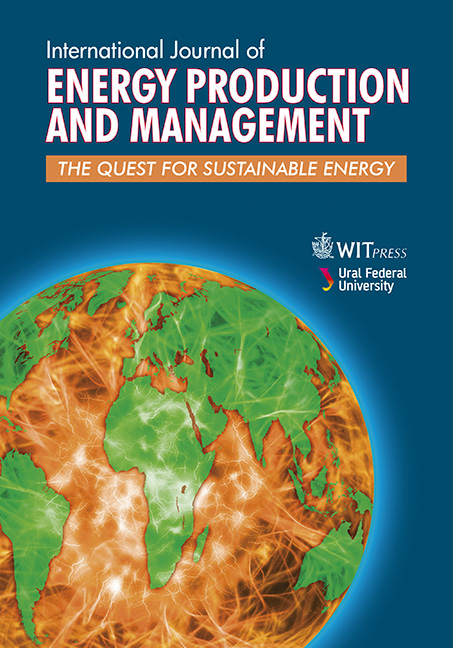DECARBONISING THE SWEDISH ROAD TRANSPORT SECTOR
Price
Free (open access)
Volume
Volume 2 (2017), Issue 3
Pages
11
Page Range
251 - 262
Paper DOI
10.2495/EQ-V2-N3-251-262
Copyright
WIT Press
Author(s)
ANN-CHARLOTTE MELLQUIST, JAMIE PIRIE, ALISTAIR SMITH, JON STENNING, EMANUELA VANACORE & MATS WILLIANDER
Abstract
Road transport contributes to around one-fifth of the EU’s total CO2 emissions and is the only major sector in the EU where greenhouse gas emissions are still rising. Swedish road transport causes 30% of all emissions. Addressing transport emissions is therefore crucial for meeting the Paris Agreement commitments on climate change.
The Swedish government aims to have a fossil-independent vehicle fleet by 2050; moreover, an emissions reduction target for the road transport sector of 80% (compared to 2010) by 2030 has been suggested. The government-initiated investigation ‘Fossilfrihet på väg’ sets out potential pathways, but a knowledge gap currently remains in regard to which path would be the most beneficial or least burdensome in terms of macroeconomic effects while still decarbonising the road transport sector.
This paper contributes to fill that knowledge gap by applying a vehicle stock modelling framework and a demand-driven global econometric model (E3ME) and by evaluating different technology pathways for Sweden to meet the 2030 and 2050 government targets. The stock model has been adjusted to be consistent with ‘Fossilfrihet på väg’ and uses technology deployment and cost estimates to model the Swedish vehicle stock emissions in three technology-driven scenarios.
The analysis shows that decarbonisation of transport can have positive impacts upon the Swedish economy, primarily through the replacement of imported fossil fuels with domestically produced electricity and biomass, while a further stimulus is provided by the construction of infrastructure to support electric vehicle recharging and fuel cell refuelling. Through quick action to encourage the deployment of new technologies and powertrains into the vehicle stock, plus policies aimed at promoting the domestic production of sustainable biomass, Sweden can maximise the potential gains from the decarbonisation process.
Keywords
macroeconomic impacts, road transport, technology pathways, vehicle emissions




